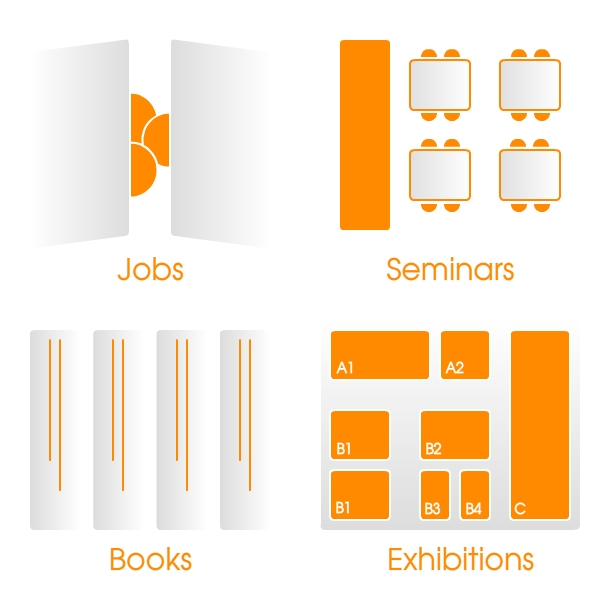
More than a hundred participants followed the invitation of the European Parents’ Association (EPA) and the German Bundeselternrat (BER - Federal Parents Council) to come to Hamburg, where the half-yearly General Assembly of the EPA as well as a joint conference on the topic of integration and inclusion in schools took place.
Visiting schools in Hamburg, the participants were shown how inclusion works in practice. Intalks and discussions this topic was approached from its theoretical as well as its practicalside. Prof. Dr. Andreas Hinz from the Martin-Luther-Universität Halle-Wittenberg presented an “Index for inclusion“ which could serve as a guideline to develop inclusive structures andwhich aims to help understanding the difficult term inclusion more fully. In parallel sessions experiences from different European school systems were shared.
Parent’s representatives from all over Europe declared that all educational policies as well as the everyday work in schools should be in accordance with the children’s needs: “Every child must get the chance to achieve his highest possible educational aim, in order to be able to develop his abilities to the full in later life. This is the first and common priority of all parents”, Hans-Peter Vogeler, chairman of the BER, pointed out. “The differences among Germany’s federal states in dealing with inclusion clearly show that it is high time for change!”
Meeting with parents from so many European countries was a valuable experience, especially since there was wide agreement about the importance of inclusion. This shared view isof great encouragement, when dealing with inclusion in everyday life. “What we have ex-perienced and seen here in Hamburg, ought to be possible in other federal states of Ger-many as well”, one participant commented.
Johannes Theiner, President of the European Parents’ Association, stressed the implicationsof inclusion for our society: ”Only an inclusive society can successfully achieve an inclusiveschool system. The rights and needs of parents have to be taken into account. Inclusion can-not be brought about simply by applying a new label. The conditions and resources mustensure that individualization is in fact possible.”Reducing the fear of negative effects of inclusion is most important and can be achievedthrough broad participation as well as carefully balancing the interests of all parties involvedin the process.The two chairmen of both parents’ associations unanimously declared their support for theimplementation of the UN convention on the rights of persons with disabilities.
Hamburg, 30th October 2011
Contact and Questions:
Johannes Theiner
European Parents’ Association (EPA)
E-Mail: office@epa-parents.eu
Tel: +43-1-531 20/8630
Hans-Peter Vogeler
Bundeselternrat
E-Mail: info@bundeselternrat.de
Tel. +49 3301 575537
 Dans son livre : "Virage européen ou mirage républicain? Quel avenir voulons-nous?", Nelly Guet démontre la sclérose du système éducatif français et fait des propositions européennes.
Dans son livre : "Virage européen ou mirage républicain? Quel avenir voulons-nous?", Nelly Guet démontre la sclérose du système éducatif français et fait des propositions européennes.


